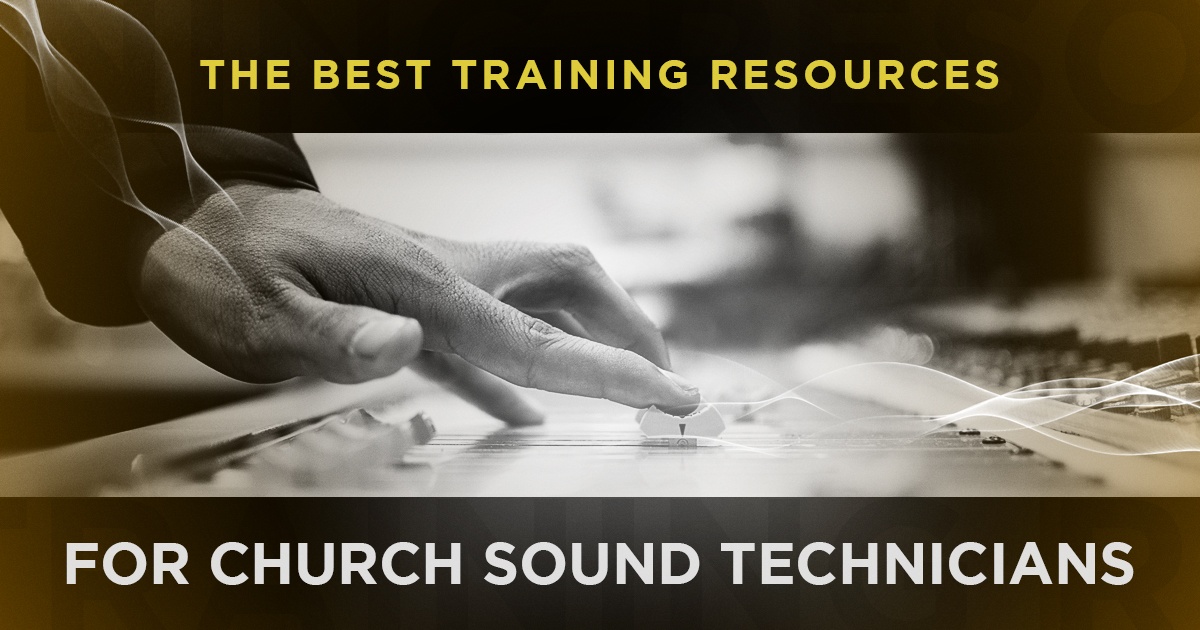For all of you Church Sound Technicians who are responsible for the audio in your church, I just want to say “Thank You“ for your service. It’s a critical position and you are the one responsible for the church and its visitors’ ability to hear the WORD: in the preaching, the songs and the reading of the Scripture. Faith comes by hearing! Many of you feel inadequate and under-qualified. You are most likely a volunteer who never made a living as an audio engineer and/or in many cases has had little training in the art and science of recording or live sound.
So I am going to load you up with a plethora of resources to help fill in the gaps. Many of these are easy on your wallet, but you will need to invest your time, and the more time you can commit to learning and practicing, the more you will know how to do the things you’ve been assigned to do. Being nominated as Church Sound Technician is more than just gaining a title, it requires a little knowledge and training in order to be successful.
The Best Training Resources for Church Sound Technicians
The first thing I would recommend for all Church Sound Technicians to do is to listen to more music. Your ears are your greatest assets and they need to be trained and developed. You need to know how music sounds if you’re going to mix it authentically. Experienced audio engineers critically listen to music for hours. They deconstruct the songs to determine how the different elements (vocals, guitars, keys, drums,) are affected in the recording: the level, the pan (stereo placement) the tone (EQ), the dynamics (compressors/limiters), the effects (reverb, delay, chorus, etc.) and how it was pieced together to make sense so one could hear each element in its own space. If you’re not listening to music often, how can you ever expect to mix music well?
Listen to the same song over and over again and each time you repeat, try to pick up something new that you may not have noticed before.
First, assemble a playlist of songs across different genres (rock, jazz, classical, etc.) that you are intimately familiar with.
Then listen to that playlist on a variety of playback devices:
- Small and large speakers in different environments
- Your church sound system
- Your own headphones
The music will always sound the same in your headphones so buy a good pair of reference headphones that you can take with you anywhere. I highly recommend the Audio-Technica ATH-M50x as do about 500,000 end-users. They will cost you about $200, but will outperform headphones costing twice as much: reference response and very durable. When you listen to music on loudspeakers in different settings, the acoustics of the space will play a large part in the reproduction. With your headphones as a constant reference, listen to your songs and compare the playback to the speakers in the room. This is known as A/B. Make note of the audible differences between the two and determine what controls in your system can be altered to make the room sound as close to the headphones as possible. Keep in mind there are things you will not be able to change and it will never be identical.
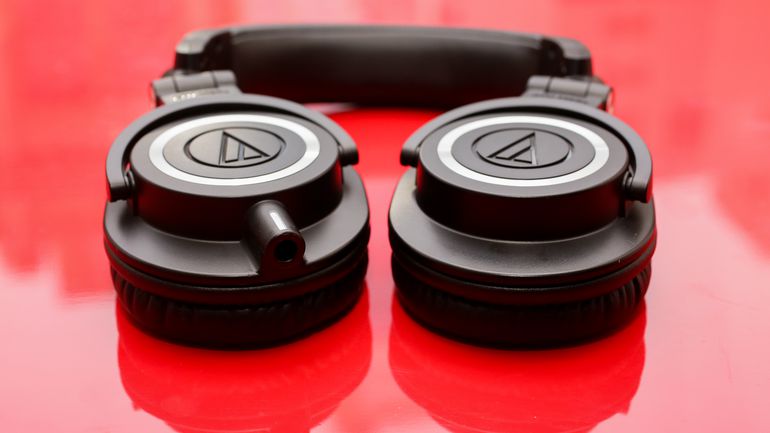
Here’s a great resource to begin with: Critical Listening Skills for Audio Professionals by F. Alton Everest
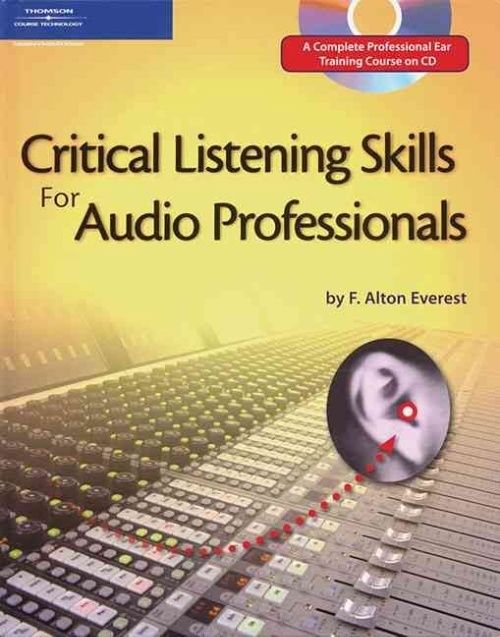
Audio engineers have trained their ears to identify problem frequencies that get in the way of a good mix or that distract and kill the moment (feedback). As Church Sound Technicians, learning to identify the frequencies that help or hurt a mix is non-negotiable. A good starting point is to know what the frequency ranges are for vocals and musical instruments, where the fundamental and harmonics occur, and what specific frequencies can help or hurt their sound. One of the best websites I’ve seen for understanding frequency in sound is Independent Recording.net
If you have an iPhone or iPad and have an extra $5 you can learn how to EQ with the Hear EQ app.
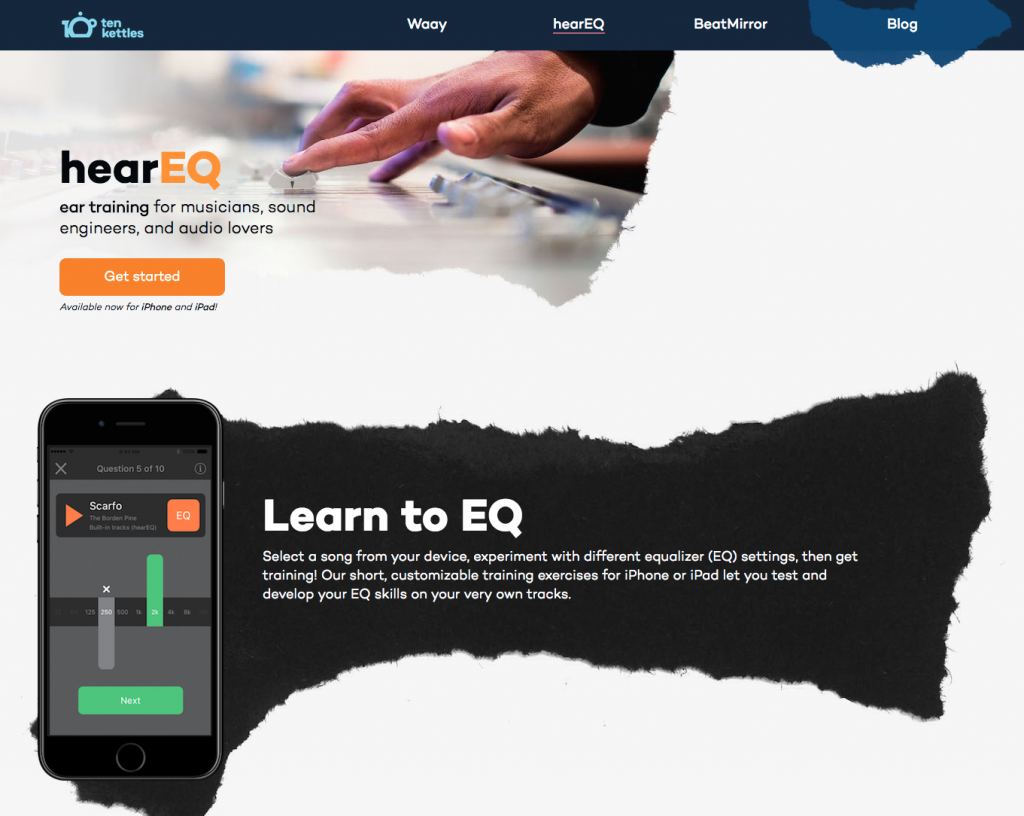
Or you can opt for one that has a few more benefits, Quiztones is about $10.

If you learn best by reading, (you’re still going to need to listen) my recommendations for the best book to start with would be The Ultimate Church Sound Operator’s Handbook by Bill Gibson. It can be purchased on Amazon and other sites for under $40. Bill has written dozens of books related to audio production and is the instructor for the Berklee College Online Live Sound Production course. If you really want to get into something more intense, this course is perfect for you. The first 100 pages deal with the heart of Church Sound Technicians. The rest of the book delves into the art and science of sound. It’s brilliantly written and is accompanied by a DVD with video and audio content that lets you see and hear what the text describes.
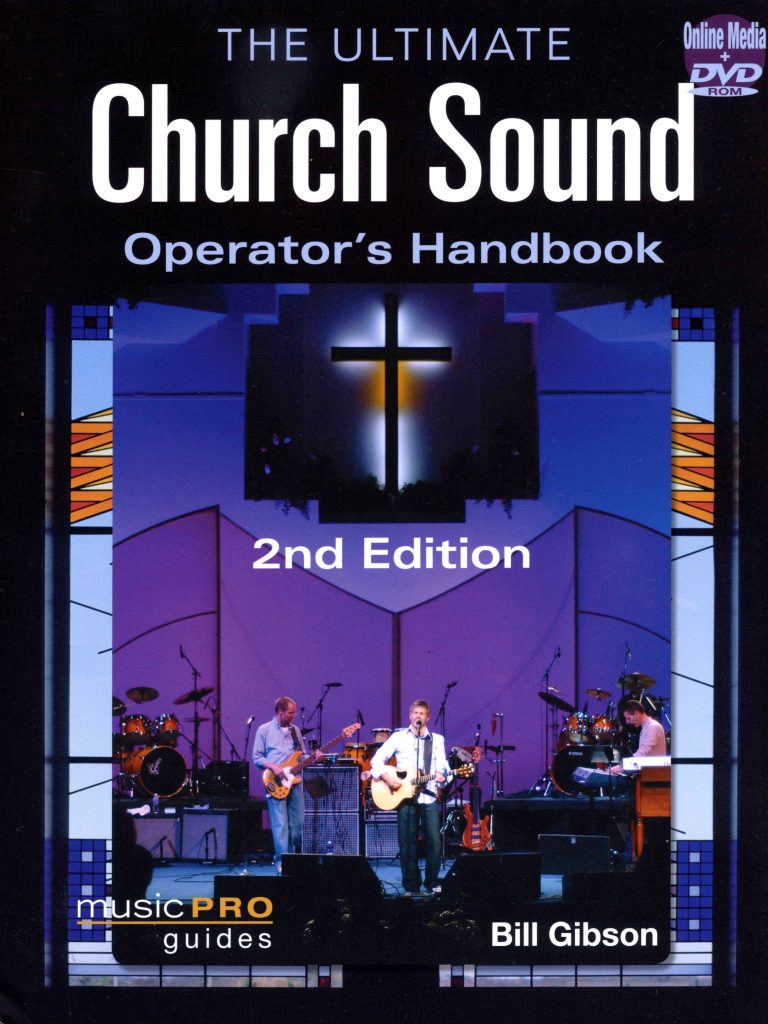
Some of you learn by watching so let me recommend a couple of resources. For the novices and newbies, I would recommend Live Audio Basics produced by Ron Davis, who was the former head audio engineer for Integrity Music. He was the one who hit the red record button when Darlene Zschech sang “Shout to the Lord” (OK, no making fun of my age). Ron has included ample amounts of humor to make this dry subject matter fun to learn. It’s a great resource for the whole audio team. You can find it here: Down2Earthaudio.com

With all the resources listed, you may still have questions that come up and the answer may not be obvious. There are forums that you can subscribe to for free on the web or on Facebook where you can post a question and have answers from a variety of experts in a matter of minutes. Two of my favorites are Churchsoundcheck and Church Sound and Media Techs. There are literally hundreds more like this, but these two will address almost every technical question you may have as a self-proclaimed Church Sound Technician.
For some free resources, you can check out some of the manufacturer sites that have tons of resources ready for your perusal.
Presonus has a “Learn” page which will help you to understand many audio terms and techniques.
Audio-Technica posts downloadable PDF primers for microphones and wireless systems.
YouTube has tons of videos to help you learn how to do audio better. You’ll have to determine which ones are more valuable, but there are a lot there for FREE!
You may want to start with some of my suggestions and go from there.
Go to YouTube and search for “Presonus Doug Gould” and the first one you’ll probably see will be called “Mixing the Church”. It’s an hour and 30 minutes long.
I also have done 30 very short videos, 2-4 minutes long, of easy-to-digest audio tips that can help to improve your sound as early as this Sunday.
Obviously, you need to know the gear you’re operating. You should know it blindfolded. So, something that you ought to do is take the owner’s manuals home and study them.
Something else you can do at home is to get yourself a multi-track recording program for your Mac/PC, otherwise known as a DAW (Digital Audio Workstation). Have some time each week where you can load up some tracks onto the software and experiment with different EQs, time-based effects like reverb and delay and various compressor settings and learn how to mix. This will all transfer to the live sound stage and give you more time to hone your skills between church services.
What’s that you say? You aren’t a musician or don’t have time to lay down tracks?
Well, that’s no excuse. There are DAWS and tracks that you can have for free.
One great DAW to get started with is Presonus’ Studio One. They have a free version and you can download it here. This will give you a feel for how it works. It’s probably the most intuitive software I’ve ever used.
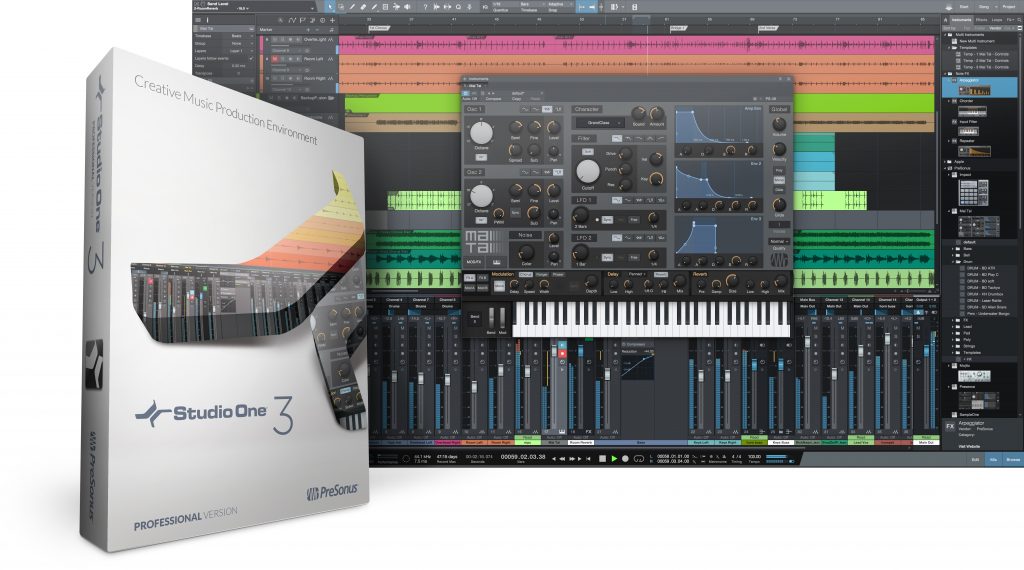
The actual tracks that can be imported into Studio One can be found on a variety of websites. Here are a few listed below:
http://behindthespeakers.com/300-free-multitracks/
https://theproaudiofiles.com/multitracks-for-mixing/
https://www.ultimate-guitar.com/forum/showthread.php?t=1676590
You may also want to get some one-on-one training. Let me know if this is something you want to pursue. I can help.
Practice makes perfect. The more time you spend listening to music and practicing your craft, the better you will be as Church Sound Technicians. Hope this helps. Blessings.
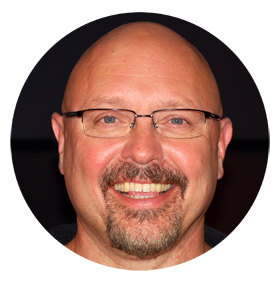 Doug Gould is a veteran of the Pro Audio and Music Technology Industry for almost 30 years serving in management roles at Shure, Tascam and E-Mu Systems and has been a worship leader, musician and tech at various churches for almost as long. He is CEO and Founder of Worship MD (Market Development) a consulting firm that helps professional audio and music technology manufacturers build relationships with the church through education.
Doug Gould is a veteran of the Pro Audio and Music Technology Industry for almost 30 years serving in management roles at Shure, Tascam and E-Mu Systems and has been a worship leader, musician and tech at various churches for almost as long. He is CEO and Founder of Worship MD (Market Development) a consulting firm that helps professional audio and music technology manufacturers build relationships with the church through education.

